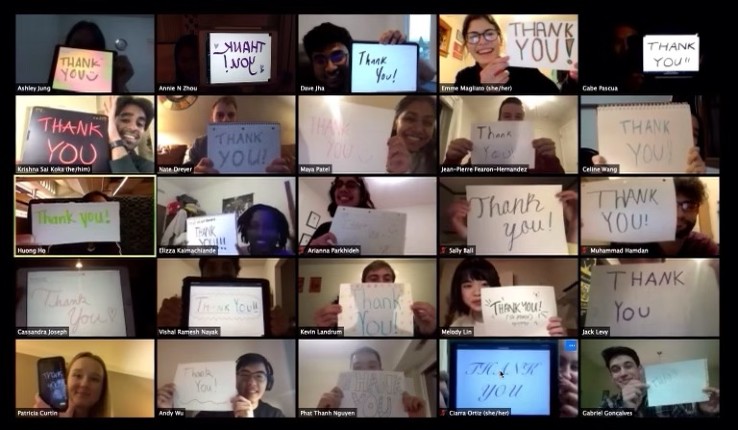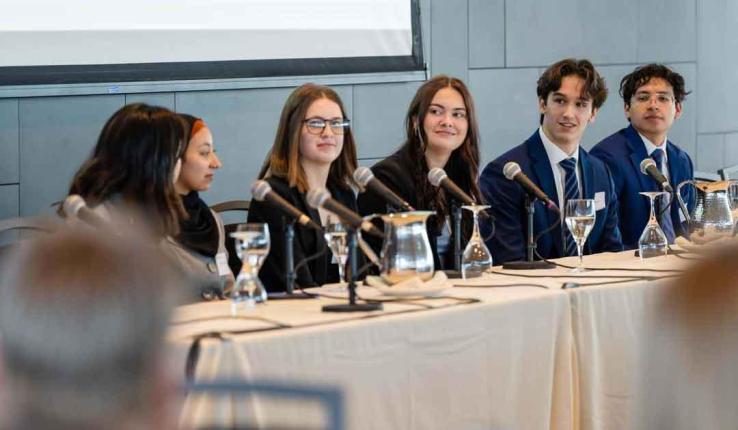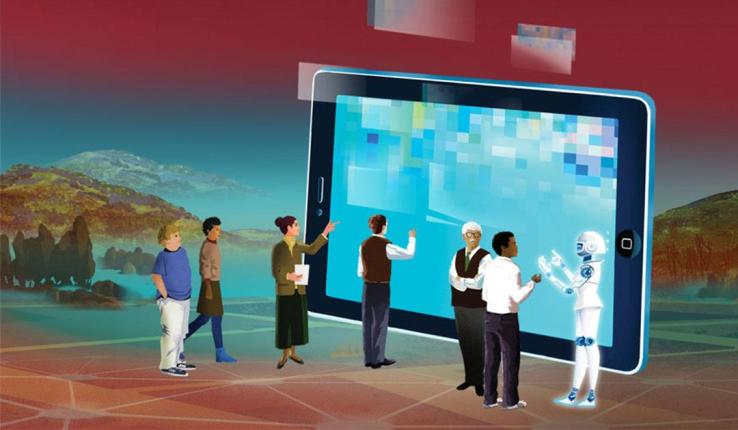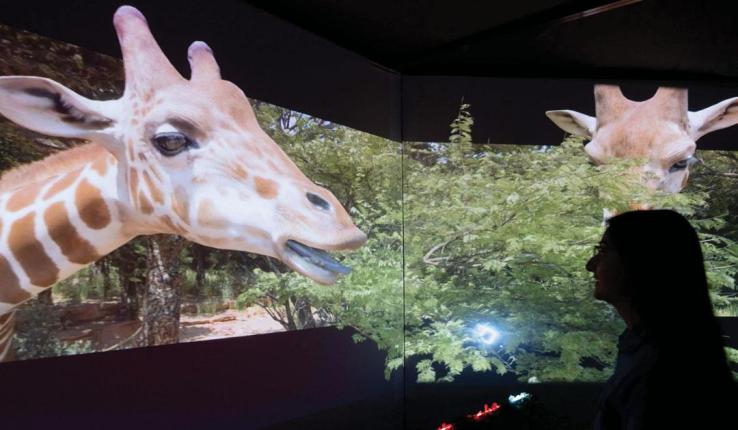The student-run nonprofit PPE4ALL was created shortly after the onset of the pandemic in early 2020. Dedicated to the manufacturing and distribution of personal protective equipment (PPE) through a network of donors and volunteers, the organization was founded by University of Michigan student Krishna Koka, who assembled a group of peers from Lehigh and other universities to address his concerns about the growing PPE shortage.
When the COVID-19 pandemic plunged the United States into lockdown, the healthcare industry was forced to confront a wave of new challenges. One of the most difficult problems emerged in the medical supply chain, which could not accommodate the mounting demand for PPE from among healthcare and hospital workers.
Dave Jha ’22, a computer science and business major at Lehigh, is PPE4ALL’s chief technology officer. He said the organization was initially created to help essential workers provide aid specifically to the healthcare system in New York City.
“It was born from a need for protective equipment in the New York City area and hospitals for frontline workers,” Jha said. “We were seeing this explosive need that was unmatched with the supply that was already there.”
To help meet the city’s demand, PPE4ALL, then called PPE4NYC, first created a website to collect requests for PPE donations and find potential PPE donors. Once the website was functioning, the original team of four officers set up a manufacturing site in Poughkeepsie, New York, where they began production on assembling face shields from sourced headbands and 3-D printed visors with the help of 12 initial volunteers.
Over several months, the organization collected more donors, who contributed PPE including KN-95, hand-sewn and surgical masks. In conjunction with the face shields, the donor materials were all given to NYC facilities such as Mount Sinai Hospital, the New York Police Department and the Metropolitan Transportation Authority.
After the charity saw the need for PPE start to lessen in New York City, the team decided to expand both geographically and demographically to help supply PPE to disproportionately affected groups such as indigenous people, nursing homes and homeless shelters. In step with the decision to serve all areas and people, the organization changed its name to PPE4ALL in October 2020.
According to Jha, PPE4ALL now provides protective equipment to all 50 states. To date, the charity has donated about 51,000 pieces of PPE that total roughly $600,000 in value, with the organization’s own face shields representing 20,530 of the donated items. Jha also noted how the organization itself has grown since its inception, amassing 64 active employees and 196 in-person volunteers.
While Jha is excited by the organization’s impact thus far, he is focused on PPE4ALL’s technological goals, which include creating a new approach to the traditional charity donation process.
“There’s generally a phobia in the philanthropy space where people don’t know what their money is going toward when they donate to a charity,” Jha said. “We’re trying to give as much transparency to the person who’s donating money as possible.”
In an effort to bring this transparency to PPE4ALL, Jha and his team of 10-12 developers (which currently includes two Lehigh students) are working on creating a web application that gives donors more control and information regarding how their donation is used. Once fully developed, the platform will allow a donor to contribute an amount that is “most tax-friendly to them” and share that amount with as many charities as they choose. After donating, donors will receive an email within two weeks detailing exactly how their money was used and be able to see the impact of their contribution displayed on the platform.
Jha said he hopes the technology will help establish more trust in charities and help both PPE4ALL and other organizations to succeed.
“The immediate goal is to make the PPE operation as transparent as possible,” Jha said. “In the long term, we want to build this mobile and web application to support charities like us, like the smaller charities that are springing up for the first time and don’t have a ton of revenue but are looking for exposure and want people to learn more about their cause. We want to push those charities farther, too.”
Sammy Powers ’23, PPE4ALL’s director of operations management, said the organization’s passion and genuine attitude makes it stand out in the industry. She recalled the team’s welcoming atmosphere when she joined as an intern, saying that they funnel that same upbeat energy into their work.
“I think it’s the positive culture,” Powers said. “It wasn’t just a mask that they were putting on initially to welcome us. It continued throughout my time with the organization. I think that makes them really unique.”
In addition to the organization’s culture, Jha illustrated another unique characteristic of PPE4ALL, which is its focus on the philanthropy issues that exist outside of the pandemic. He said the organization will direct future efforts toward other supply crises that may arise.
“We look beyond the scope of the current pandemic to the philanthropy sector of where we’re operating, and we see a lot of issues with it,” Jha said. “The reason why we incorporated under the name PWR4 is because we recognize that PPE may not be the biggest supply chain shortage at any given moment. We want to use the expertise we’ve learned over the past year, from our operations to our technology, to fulfill other supply chain shortages, whether that be in the U.S. or abroad.”
Jha noted that PPE4ALL is planning for international expansion, potentially starting with a partnership with Habitat for Humanity India in the coming year.
For more information about PPE4ALL and its mission, visit the organization’s website.
Story by Erica Dougherty





